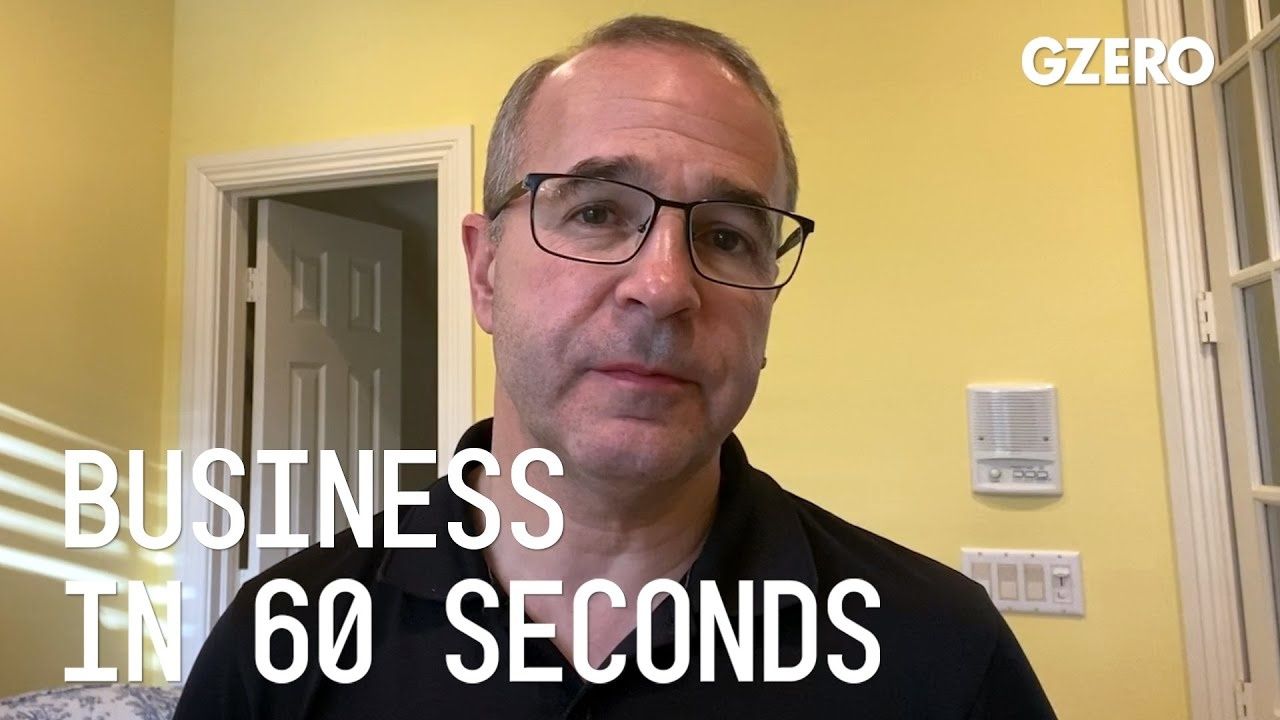How should business leaders run their companies during the coronavirus pandemic?

Kevin Sneader, global managing partner for McKinsey & Company, provides perspective on how corporate business leaders should respond during the global coronavirus crisis:
I think the question every business leader will probably have to answer is, what did you do during this war, this battle against coronavirus?
And to answer that question, I'll be recording a series of messages that really talk to the very different times that I face, and I suspect all of you face. I spent most of today on Zoom and other video conferences with colleagues, and it's Sunday. We're working very, very hard. I know that you are, too. And in that context, providing leadership requires being present in the moment, sharing real empathy, sharing understanding for the different context in which we're all operating, but being very clear on the goals that we all have to deliver. And so that's why I think when we answer the question, "what did you do during this war?" we'll all have stories to tell that I believe will mark out an extraordinary time for leadership as much as an extraordinary time for the world.